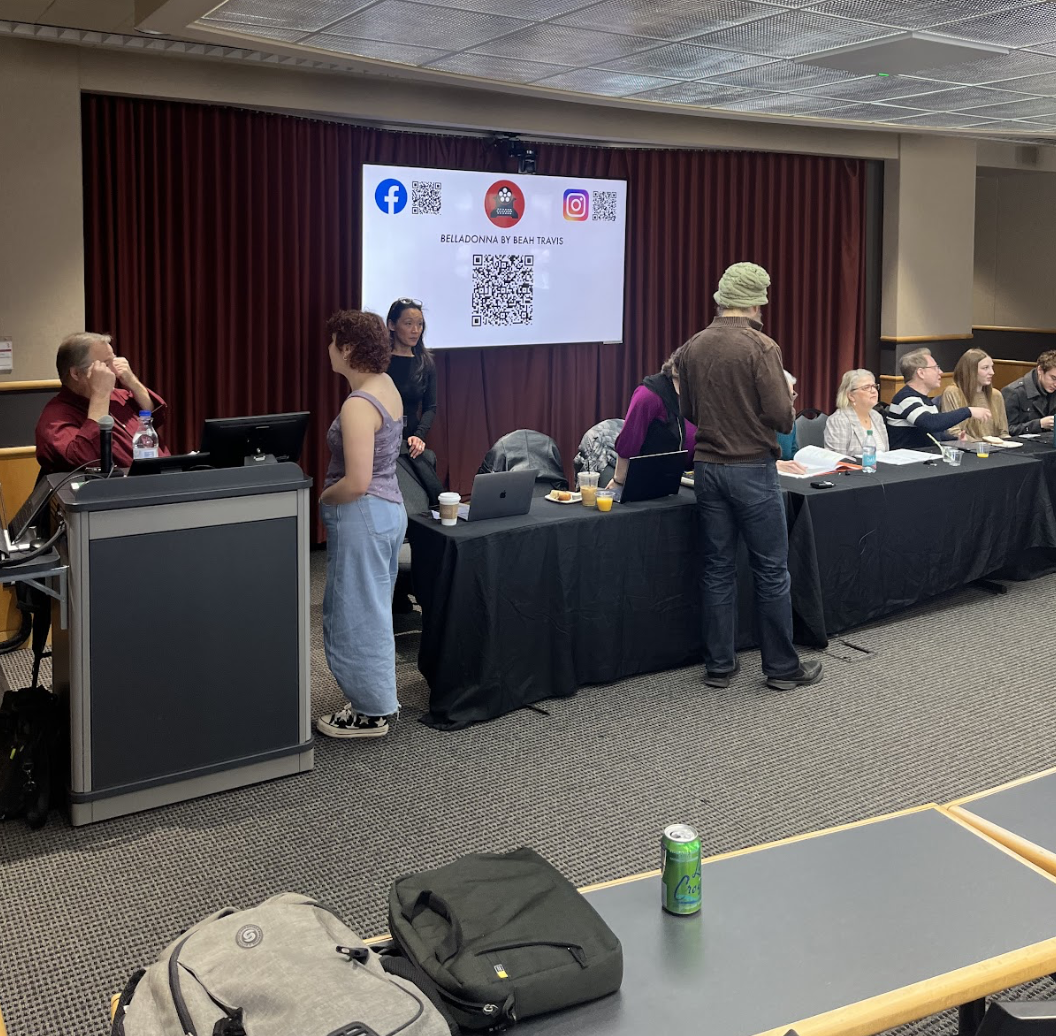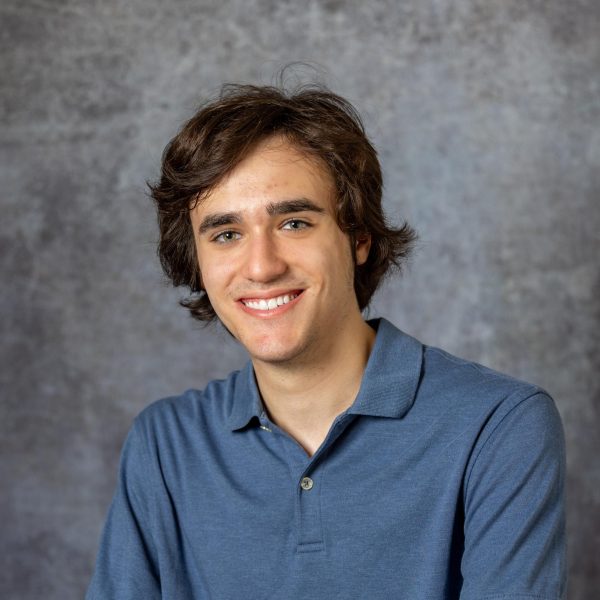On April 4-6, 2025, the University of Wisconsin Department of Communication Arts hosted the second annual Wisconsin Screenwriters’ Symposium. The symposium was part of the Wisconsin Film Festival and included 12 events.
The first event, “Developing and Writing for TV,” featured Jason Rothenberg, creator and showrunner of the television series “The 100,” Deirdre Brenner, a producer of “Rick and Morty” and Kelly Jo Brick, a writer of TV crime, mystery and procedural shows.
Rothenberg, Brenner and Jo Brick emphasized the patience required for a career in TV writing. Rothenberg detailed his journey from a personal assistant role to becoming a writer’s assistant to writing individual episodes for different series before eventually pitching “The 100.”
Though Rothenberg’s path mirrors the traditional means of becoming involved in the television industry, all three panelists agreed the industry has become less simplistic. It seems there are many methods of finding one’s way to screenwriting, though none surefire.
“There is no clear path … it’s frustrating, but has exciting opportunities,” Brenner said.
The panelists also discussed how streaming has influenced the television writing industry over recent years.
Streaming television requires a longer production process than broadcast television and does not include act breaks for commercials, according to the panelists. Streaming also tends to request shorter pilots, does not immediately respond to viewer feedback and is more often produced and released in bulk compared to the era of cable, the panelists said.
The next event was the “State of the Industry: National and Local” panel with Jo Brick and Jeffrey Kurz, a producer, writer, educator and former studio executive with Miramax Films. Recent events like the COVID-19 pandemic, the 2023 writers’ strikes and Los Angeles wildfires have all rapidly changed screenwriting and the television industry, the duo said.
Consequences of these events and larger industry trends have decreased TV season lengths — from around 20 episodes to six to 10 per season — and shrunk writers’ rooms, the panelists said.
The panelists also spoke about pitching. Today, TV and film executives enjoy fresh ideas but are very risk-averse when deciding which series to accept, according to Jo Brick and Kurz. They tend to prefer pitches involving intellectual property– something grounded in an existing book, article or other work, they said.
Jo Brick and Kurz also touched on the relationship between the film industry and state politics. Many film executives — including Kurz himself — lobby legislators to enact tax incentives that encourage filmmakers to produce works in their states, Kurz said.
This is good news for Wisconsin, where there has been recent bipartisan support for expanding the state’s film industry through similar monetary incentives, according to the panelists.
The third event was “WI to Hollywood: Breaking In,” featuring Brenner, Rothenberg and Ken Miyamoto, a screenwriter known for the miniseries “Blackout” and the 2020 feature indie thriller “Hunter’s Creed.” The panelists highlighted their different ways they had entered the industry, including Miyamoto’s beginnings as a security guard.
Though the panelists admitted most beginning screenplays are heavily flawed, they encouraged industry hopefuls to write consistently, make connections and develop a willingness to take creative risks.
“You need to decide to leap into it,” Rothenberg said.
The panelists disagreed with the cutthroat conception of Hollywood, instead asserting that kindness and humility are more advantageous in the field. They noted the importance of having reliable and harsh critics and to act on negative feedback.
Though film school can be helpful for making connections and gaining experience, the panelists emphasized the significance of reaching out and finding potential connections in the community. Perhaps the most important of the lessons the panelists imparted on the audience — know thyself, strengths and weaknesses.
The final event of the symposium was a live table read of “Belladonna,” the winner of this year’s Wisconsin Own’s Screenplay Competition. “Belladonna,” described as a coming of old age story, was written by UW alumni Beah Travis and was read by actors from the Capitol City Theatre.
Michael Graf, a screenwriter known for films like “Winter of Frozen Dreams” and “Green and Gold,” presented the screenplay for “Belladonna.” Graf noted the competitiveness of Wisconsin’s Own Screenplay Contest, which was judged by the International Screenwriters’ Association.
“It’s a story you’re not going to see in the marketplace, but a story that needs to be told,” Graf said.
Indeed, “Belladonna” was as well-written as it was well-acted. The narrative follows Billie, a 70-year-old mother of five who tries to find a new path in her life. She is joined by a rounded supporting cast, each characterized in efficient yet effective detail.
A narrative of overcoming burdens and dissatisfaction, “Belladonna” was written with effective nuance. Even characters who at first appear one-dimensional — and could have functioned well if they were — have moments of clarity which the Capitol City Theatre crew brought to life.
Travis’ scene descriptions in “Belladonna” possess a literary style that serves as a second “brush” through which to paint their characters. Indeed, Billie (the protagonist)’s story possessed a slower-paced, detail-focused gravitas typically associated with classic novels.
On the whole, Wisconsin Screenwriters’ Symposium was a success. It was announced during the live table read that a third rendition of the event is in the works. Badgers and film fanatics can learn more about the symposium through its official website.



